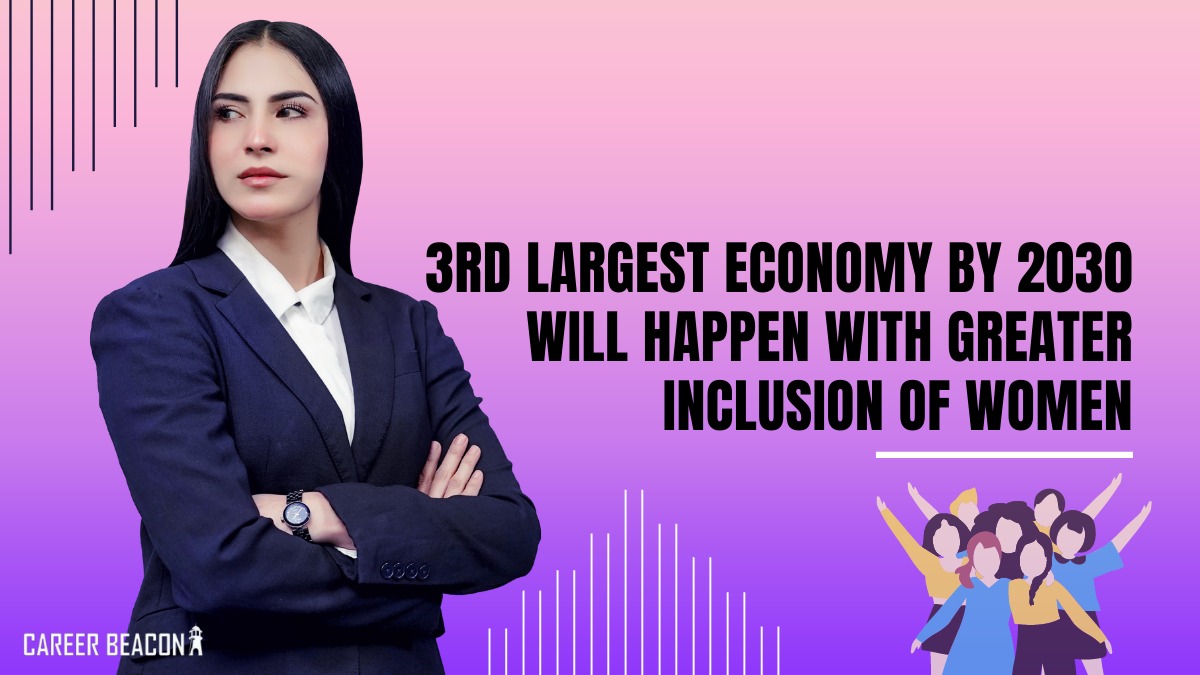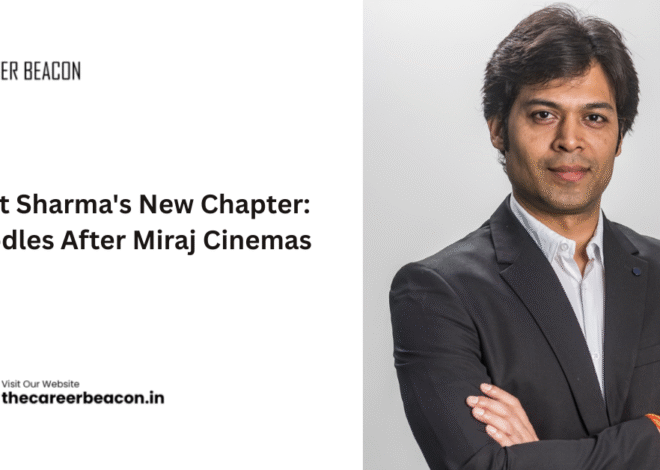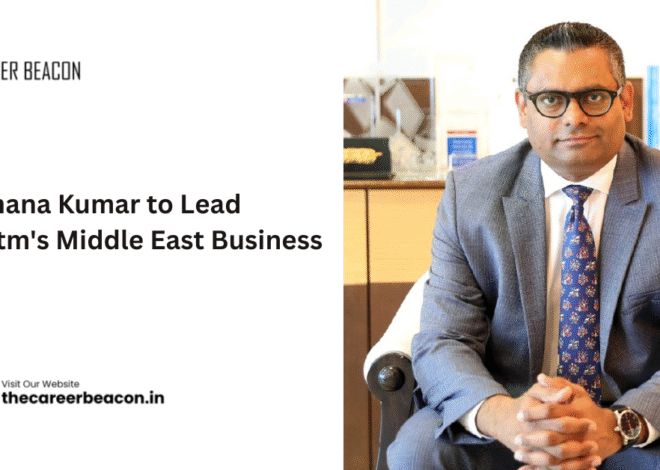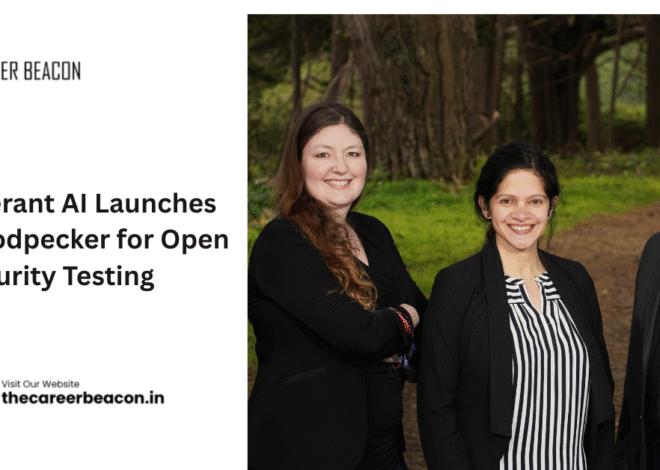
3rd largest economy by 2030 will happen with greater inclusion of women
New Delhi, 6 September 2022: Under the Prime Ministers’ leadership, the focus is on Women led empowerment rather than women empowerment. This is a sea change from the earlier approaches. Indecision-making levels in industry, politics,s or government, there are still few women in these positions. We need more women at the top so things can change on the ground, saidMrs. Rekha Sharma, Chairperson, National Commission for Women (NCW), in the 3rd Diversity & Inclusion Excellence Awards & Conclave–2022 organised by The Associated Chambers of Commerce and Industry of India (ASSOCHAM) in New Delhi.
In MNREGA, more women are working, but in the industry, just 28% of the workforce is women. Women are still not enjoying equal opportunities; we are receiving complaints of gender discrimination and pay parity, among others. The film industry is another example of such discrimination. A mindset change is needed; women have to think twice and seek permission before joining the workforce.
India is now the 5th largest economy and aims to be the 3rd largest economy globally by 2030. Without giving equal opportunity to women, how do we expect to achieve that, as women constitute 48% of the population? The government has brought laws such as POSH, but many companies still do not have an Internal committee (ICs) as mandated by the act. Awareness of the provision of the show, too, is relatively low among companies. Complaints of gender discrimination in recruitment and unfair treatment in the workplace are also too common”.
Ms Susan Ferguson, UN Women Representative for India, UN Women India, in her particular address, said, “The Government of India has created quite an enabling environment to create an inclusive culture in the workplace, such as allowing women to work at night, enhancing paid maternity leave from 12 weeks to 26 weeks, which is extraordinary and rare around the world. The provision for mandatory crèche facilities in establishments with more than 50 employees and the right to persons with disabilities act, which provides 4% reservation in Government jobs for a certain class of people with disabilities, and also the transgender person’s act, which says that no government or private entities can discriminate against transgender people in employment matters including recruitment and promotion are all the forward thinking and unique legislations around the world.”
“Covid-19 revealed some hidden disparities and drove a disproportionate increase in women’s unemployment compared to men. The pandemic has also increased the workload for women at home as there is an increase in the need for caring work. Cultural biases around gender roles have made it the primary responsibility of women despite there being no reason for it to be so. The high level of informality in women’s work is also an issue highlighted in the pandemic,” she continued.
“The share of women in senior and managerial positions remains low, with only 17.1% of board seats in India held by women in 2022, and only 3.6% of Board Chairs are women. Our study has shown that the mandate of at least one seat on the board given to women has led to an upward trajectory of women being on boards. This shows the importance of legislation and targets for women in senior management positions. Workplace violence against women at home and on their way to work are some barriers women face when looking at inclusion in the workforce, ” she added.
During the conclave, eminent dignitaries and panellists released a publication on Diversity and Inclusion Practices in the workplace.
In his welcome address, Mr Anil Rajput, Chairperson, ASSOCHAM CSR Council, said India is a diverse country as we have different groups of people with gender, sexual and cultural identities. He focused on employment generation and providing opportunities that will reap the fruit of diversity. ”Fundamental change is required in the mindset and person with a disability should be known as a person with special ability”, he shared. He continued by saying there is a significant change in the modern equitable approach to women, but challenges must be addressed.
Mr Rajput further said that this time we had received more than 100 nominations in three categories: best team member for Diversity & Inclusion, best employee PWD and best employee for women.
According to Mr Mukesh Chauhan, Regional HR Head–North, Reliance Jio, the organisation should have a value system to empower the workforce at a grassroots level as it brings multiple skill sets, ideas, cross learning and growth. He further said, ”The company only attributes success by promoting inclusive behaviour, encouraging employees to lead from where they are and a platform to endorse chance to showcase their identity”.
Ms Harita Gupta, SVP, Head APAC, Sutherland & Global Head, Enterprise Services, shared her thoughts on introducing an equal employment opportunity policy to create gender and cultural diversity. A set of guidelines for a better gender ratio also plays a key role. ”Millennials prefer to work in organisations with inclusive work culture, she added. She stressed that diversarey and inclusion is not a matter of political correctness but a key to sustainable and economic growth.
Dr Upasana Arora, Chairperson of ASSOCHAM Empowerment Council and Yashoda Superspeciality Hospital, gave her concluding remarks and vote of thanks.
The conclave brought together a diverse group of industry professionals, policymakers and media personalities such as MMsPranita Achyut, Director Rof research and Program, International Center For Research on Women (ICRW), DDrMuniraju S. B., Deputy Adviser, NITI Aayog, Government of India, Laxmi Narayan Tripathi, Transgender rights activist, dancer, and writer, MMrSanjoy Majumder, Deputy Managing Editor, BBC World Service, Mr Dharm Rakshit, Plant Human Resources Head, Dharuhera and Lead Employee Relations- Hero MotoCorp Limited.


